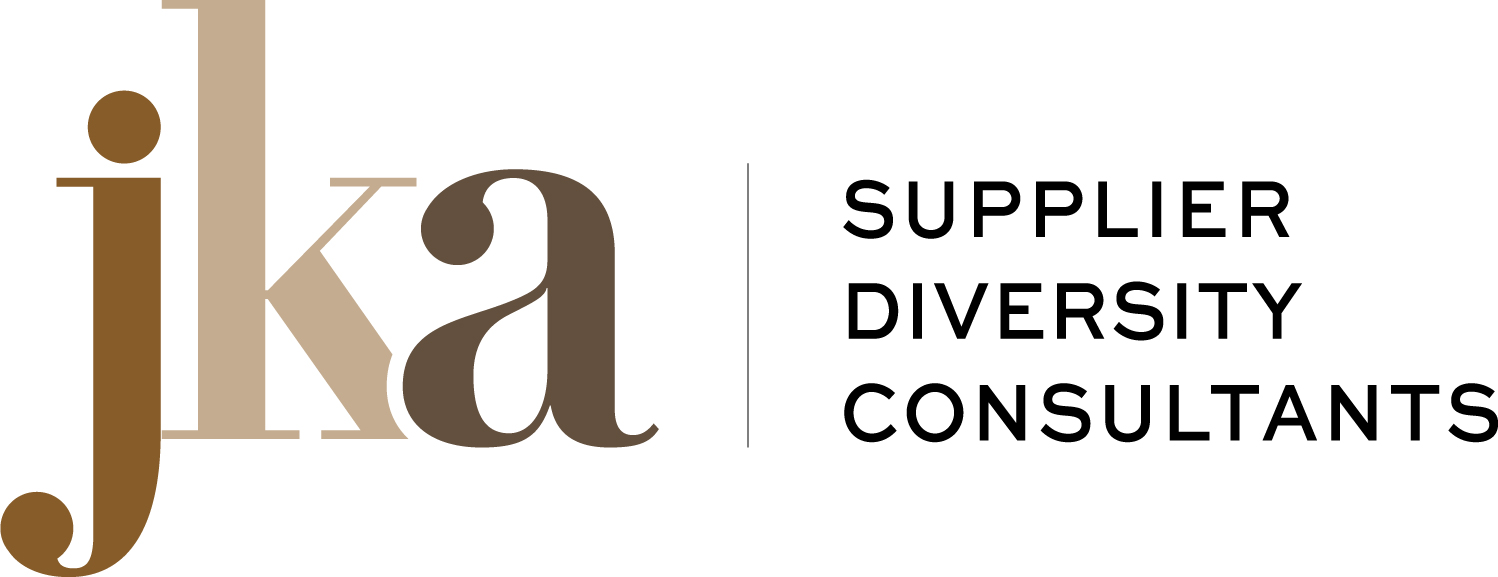In the world of procurement, fairness, transparency, and objectivity are essential for building effective supplier relationships and promoting diversity. However, hidden beneath the surface lies a powerful force that can undermine these principles: unconscious bias. In this article, we will explore the role of unconscious bias in the procurement process, shedding light on its impact and providing actionable insights to mitigate its effects.
Understanding Unconscious Bias:
Unconscious bias refers to the deeply ingrained attitudes, beliefs, and stereotypes that influence our decision-making processes without our conscious awareness. In the context of procurement, it can manifest in various ways, such as favoring certain suppliers based on personal connections, making assumptions about capabilities based on demographics, or unintentionally overlooking diverse suppliers.
Recognizing Bias in Supplier Selection:
Unconscious bias can subtly seep into supplier selection processes, leading to inequitable outcomes. It’s crucial for procurement professionals to recognize the potential biases that may influence their decision-making. This includes biases related to gender, ethnicity, age, size of the supplier, or industry experience. By acknowledging these biases, we can take proactive steps to address them and promote a fair and inclusive procurement process.
Mitigating Unconscious Bias:
To mitigate unconscious bias in procurement, organizations can implement several strategies:
- Diverse Supplier Outreach: Actively seek out and engage with diverse suppliers to ensure a more inclusive pool of candidates. Develop targeted outreach programs, participate in supplier diversity events, and leverage diverse supplier directories to expand the network of potential partners.
- Standardized Evaluation Criteria: Establish clear and objective evaluation criteria that are applied consistently to all suppliers. This helps minimize subjective judgment and ensures fair assessments based on performance, quality, and other relevant factors.
- Blind Evaluation: Consider implementing blind evaluation processes where supplier identities are temporarily concealed during the initial stages of the evaluation. This approach helps reduce unconscious bias by focusing solely on the supplier’s capabilities and qualifications.
- Training and Education: Provide training and education to procurement professionals about unconscious bias awareness and its impact on decision-making. Foster a culture of inclusivity and encourage open discussions about bias to promote conscious decision-making.
Continuous Monitoring and Evaluation:
Regularly monitor and evaluate the effectiveness of your procurement process to identify any recurring patterns of bias. Analyze data, measure supplier diversity outcomes, and solicit feedback from diverse suppliers to gain insights and drive improvements.
Unconscious bias has the potential to undermine the integrity of the procurement process and hinder progress towards building diverse and inclusive supply chains. By raising awareness, taking proactive measures to address biases, and implementing strategies that promote fairness and transparency, organizations can unlock the full potential of supplier diversity and create a level playing field for all suppliers. Embracing a culture of inclusion and conscious decision-making is not only ethically imperative but also critical for driving innovation, fostering sustainable partnerships, and achieving long-term success in procurement.





